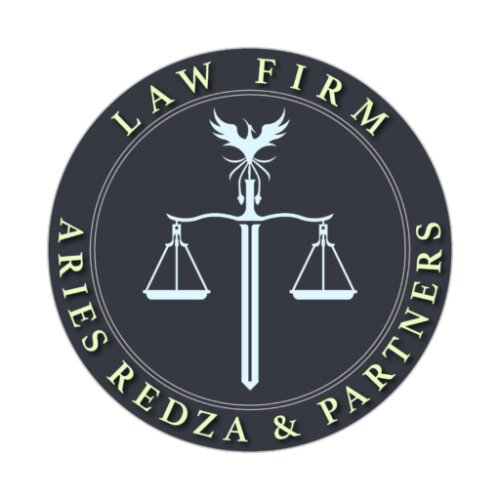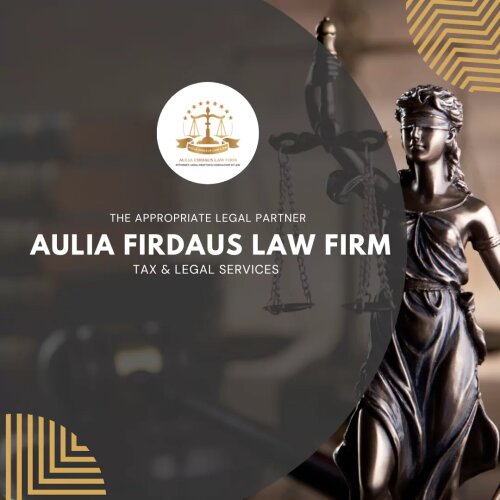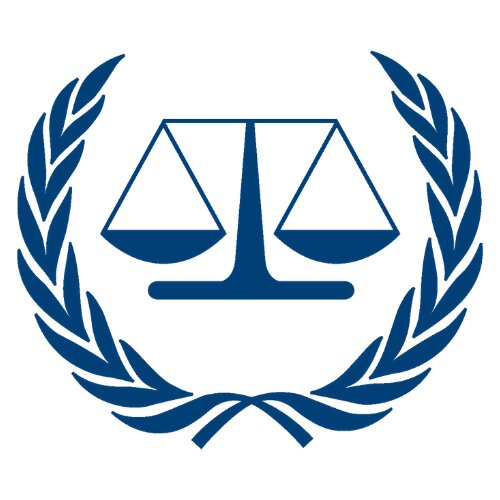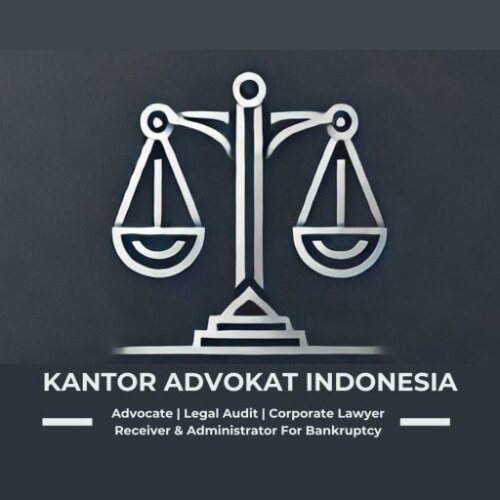Best Discrimination Lawyers in Indonesia
Share your needs with us, get contacted by law firms.
Free. Takes 2 min.
Or refine your search by selecting a city:
List of the best lawyers in Indonesia
About Discrimination Law in Indonesia
Discrimination in Indonesia can occur based on race, ethnicity, religion, gender, or other personal characteristics. Indonesian law recognizes the importance of combating discrimination and promoting equality. The country's constitution, along with various statutes and international conventions to which Indonesia is a party, provides a framework aimed at protecting individuals from discriminatory practices. However, the effectiveness of these legal protections can vary, and understanding how to navigate the legal landscape is crucial for victims seeking justice.
Why You May Need a Lawyer
Legal assistance in discrimination cases can be crucial for several reasons. Common situations where legal help may be necessary include:
- Employment discrimination, where a person is unfairly treated in their job due to personal characteristics.
- Access to services, where individuals face barriers in receiving public or private services due to discrimination.
- Defamation or harassment, which can be particularly damaging and require swift legal intervention.
- Education discrimination, affecting students' treatment based on their cultural or religious background.
- Housing discrimination, where individuals are denied housing opportunities due to their identity.
Lawyers specializing in discrimination can help victims understand their rights, gather necessary evidence, and represent them effectively in legal proceedings.
Local Laws Overview
Indonesia's approach to addressing discrimination involves a blend of national and international legal frameworks. Key aspects include:
- The Constitution of the Republic of Indonesia, which underlines principles of equality and non-discrimination.
- Laws such as the Human Rights Law (Law No. 39 of 1999) and the Elimination of Racial and Ethnic Discrimination Law (Law No. 40 of 2008) that specifically prohibit discriminatory practices.
- Ratification of international treaties such as the International Covenant on Civil and Political Rights (ICCPR) and the Convention on the Elimination of All Forms of Discrimination Against Women (CEDAW), which impose obligations to combat discrimination.
These laws are designed to create a fairer society, although enforcement remains a challenge in certain contexts. It's crucial for individuals to understand these laws to effectively advocate for their rights.
Frequently Asked Questions
What constitutes discrimination under Indonesian law?
Discrimination in Indonesian law refers to differential treatment of individuals based on characteristics such as ethnicity, religion, race, or gender, without a fair or legitimate reason.
How can I prove that I have been discriminated against?
Proving discrimination often requires gathering evidence such as documents, witness statements, and demonstrating a pattern of unjust treatment compared to others.
Can I file a complaint if I face discrimination at work?
Yes, you can file a complaint against your employer through the Ministry of Manpower or related labor courts if you experience employment discrimination.
Is religious discrimination prohibited in schools?
Yes, Indonesian laws explicitly prohibit discrimination based on religion in educational settings to ensure equal opportunities for all students.
What recourse do I have if I am discriminated against by a government official?
You can file a complaint with the National Human Rights Commission (Komnas HAM) or pursue legal action through administrative courts.
Are there anti-discrimination protections for disabilities?
Yes, the government has laws and regulations in place to protect against discrimination towards individuals with disabilities in various sectors.
Can businesses deny services based on my ethnicity?
No, denying services based on ethnicity is prohibited, and victims can seek legal recourse for such discriminatory acts under Indonesian law.
What role do international treaties play in local discrimination cases?
International treaties complement local laws by setting standards that Indonesia is bound by, helping to reinforce anti-discrimination measures.
Are hate speech laws applicable to discrimination cases?
Yes, hate speech laws are designed to curb expressions that may incite discrimination or violence against individuals based on protected characteristics.
How does Indonesia support victims of discrimination?
Organizations like Komnas HAM provide support and advocacy, and legal aid is available for individuals unable to afford legal representation.
Additional Resources
For those seeking assistance or information on discrimination in Indonesia, the following resources can be valuable:
- National Human Rights Commission (Komnas HAM), which addresses human rights violations and provides advocacy support.
- Legal aid organizations such as LBH Jakarta offer free or affordable legal assistance to marginalized communities.
- International human rights bodies, providing guidelines and assistance relevant to discrimination issues.
Next Steps
If you need legal assistance with discrimination issues in Indonesia, consider the following steps:
- Document the incidents and gather any relevant evidence that could support your case.
- Seek initial legal advice from a qualified lawyer who specializes in discrimination law.
- Contact relevant organizations, such as Komnas HAM, for additional support and guidance.
- If affordability is a concern, explore options for legal aid services to ensure access to representation.
- Evaluate the prospects of pursuing legal action or alternative dispute resolution based on the advice received from your lawyer.
Lawzana helps you find the best lawyers and law firms in Indonesia through a curated and pre-screened list of qualified legal professionals. Our platform offers rankings and detailed profiles of attorneys and law firms, allowing you to compare based on practice areas, including Discrimination, experience, and client feedback.
Each profile includes a description of the firm's areas of practice, client reviews, team members and partners, year of establishment, spoken languages, office locations, contact information, social media presence, and any published articles or resources. Most firms on our platform speak English and are experienced in both local and international legal matters.
Get a quote from top-rated law firms in Indonesia — quickly, securely, and without unnecessary hassle.
Disclaimer:
The information provided on this page is for general informational purposes only and does not constitute legal advice. While we strive to ensure the accuracy and relevance of the content, legal information may change over time, and interpretations of the law can vary. You should always consult with a qualified legal professional for advice specific to your situation.
We disclaim all liability for actions taken or not taken based on the content of this page. If you believe any information is incorrect or outdated, please contact us, and we will review and update it where appropriate.
Browse discrimination law firms by city in Indonesia
Refine your search by selecting a city.

















